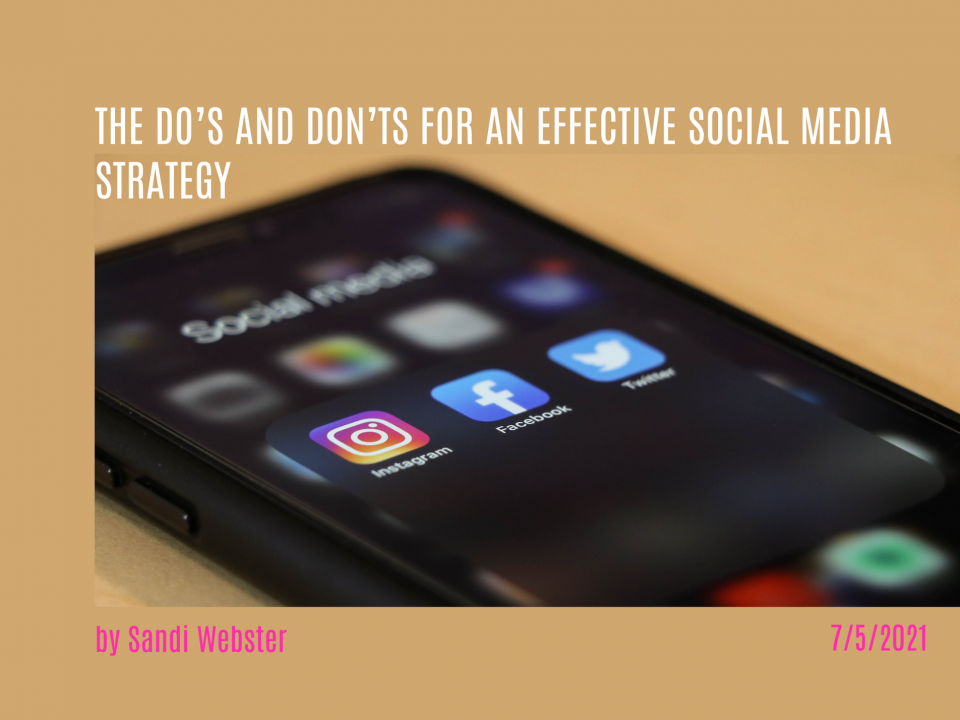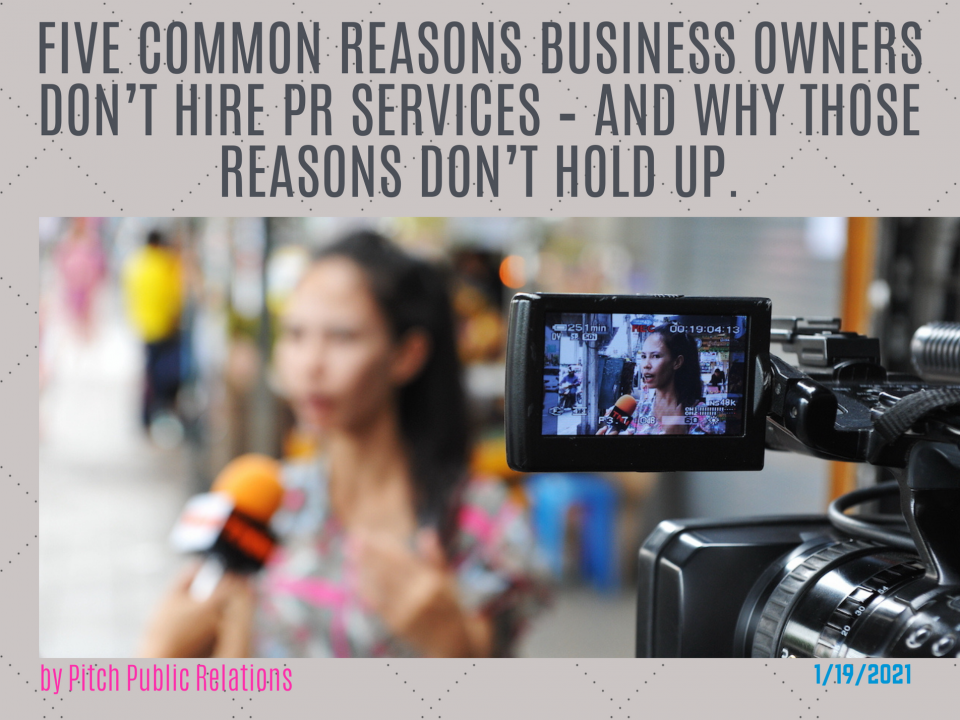Thinking of hiring a PR Firm? Make Sure You Ask These 5 Questions.

Five common reasons business owners don’t hire PR services – and why those reasons don’t hold up.
January 19, 2021
How to Use Business Awards for Publicity and Public Relations!
February 18, 2021A PR exec shares inside tips for hiring the best media representatives.
You’re starting a brand-new business and you’re sure it will be a success–if only you can get the word out and get potential customers to notice you. Or you already have a business bringing in solid returns but you want to kick things to the next level. Either way, you’re looking to get noticed, and so you’re thinking about hiring a public relations professional or agency.
It’s almost always a good idea. “The media’s power of persuasion provides a third-party endorsement you can’t get elsewhere,” explains Ann Noder, CEO of Pitch Public Relations. “In the consumer’s eyes, if a TV show or magazine is featuring you, your business must be credible.” Many of my columns (including this one) begin with a pitch from a smart PR person. And you’ll be awfully glad to have one or more PR professionals already on the job if you or your company is ever the focus of unwelcome media attention because of a lawsuit, faulty product, or other unpleasant event.
But knowing that you need PR help doesn’t tell you which PR person to hire, or whether to sign up with a large agency or a solo practitioner–or one of the many options in between. How do you choose?
Obviously, your search for the perfect PR representation should begin with getting a referral, and you should carefully research any PR person or team before signing on, Noder says. Then, before you make a final commitment, make sure you have good answers to the following questions:
1. What are some recent placements?
“Sure, nearly any firm can tout a few high profile media placements over the years,” Noder says. “But what have they landed lately for their clients? An excellent PR firm should be delivering results on a consistent basis.”
Ask to see some samples of media their clients received from within the past few months. That will tell you whether your prospective PR firm is able to generate good media on an ongoing basis–or just has had a few lucky hits over the years.
2. What will success look like?
How will you measure success? Number of media placements? Quality of those placements? Clicks through to your website? It would certainly be nice if you could measure success by a corresponding increase in sales, but most of the time there are too many other factors affecting sales to make that practical. And sometimes getting media mentions is part of overall brand creation, which certainly creates value but does not necessarily lead to sales in the short term.
Whatever you’re looking to achieve by getting more media, you need to talk that out with your prospective PR firm before they start their work. “We love to hit the ground running with our clients, but we set the finish line first,” Noder says.
3. What do you think of this business?
This is a question too many potential PR clients neglect to ask, Noder says. But you need to know the answer because it’s difficult for PR people to effectively promote something they don’t really like or believe is important.
Ask if they think your company and products are newsworthy, and if so why. You want to be sure they understand what you do and believe it is significant. A really good PR firm should ask you some very similar questions. They should be trying to determine whether you’re a good fit for them and not just trying to sign you up.
4. Will I be working directly with you?
It’s not uncommon for the company’s most impressive PR professional to bring in new clients and then hand those clients off to a more junior team member. “You may be dismayed to find out the knowledgeable PR executive you talked to in the beginning has disappeared and you’re stuck with an intern who is inexperienced and overworked,” Noder warns.
Don’t assume that just because the person pitching you isn’t the one who will actually work on your account that you will get bad service or poor results. But you should certainly find out who you’ll be working with on most day-to-day matters, and meet that person if possible. “This is a question rarely asked but should be top of the list,” Noder says. While you’re at it, you might also ask how many other accounts your primary contact will we working besides yours.
5. What can I do to help?
This might seem like an odd question. After all, the reason you’re hiring a PR professional or firm is that you and your current staff don’t have the time or know-how to pitch the media. But if you want the best possible results, you should help by providing information and materials. You should also be ready to supply information, as well as be available for phone calls and strategizing.
“You may be able to provide content and expertise to enhance the materials they use to generate press,” Noder explains. “That could better support their efforts and increase your chances for success.” That’s the best outcome for everyone.
This blog was originally posted at Pitch Public Relations.





1 Comment
Nice blog! Thanks you all star articles good story!